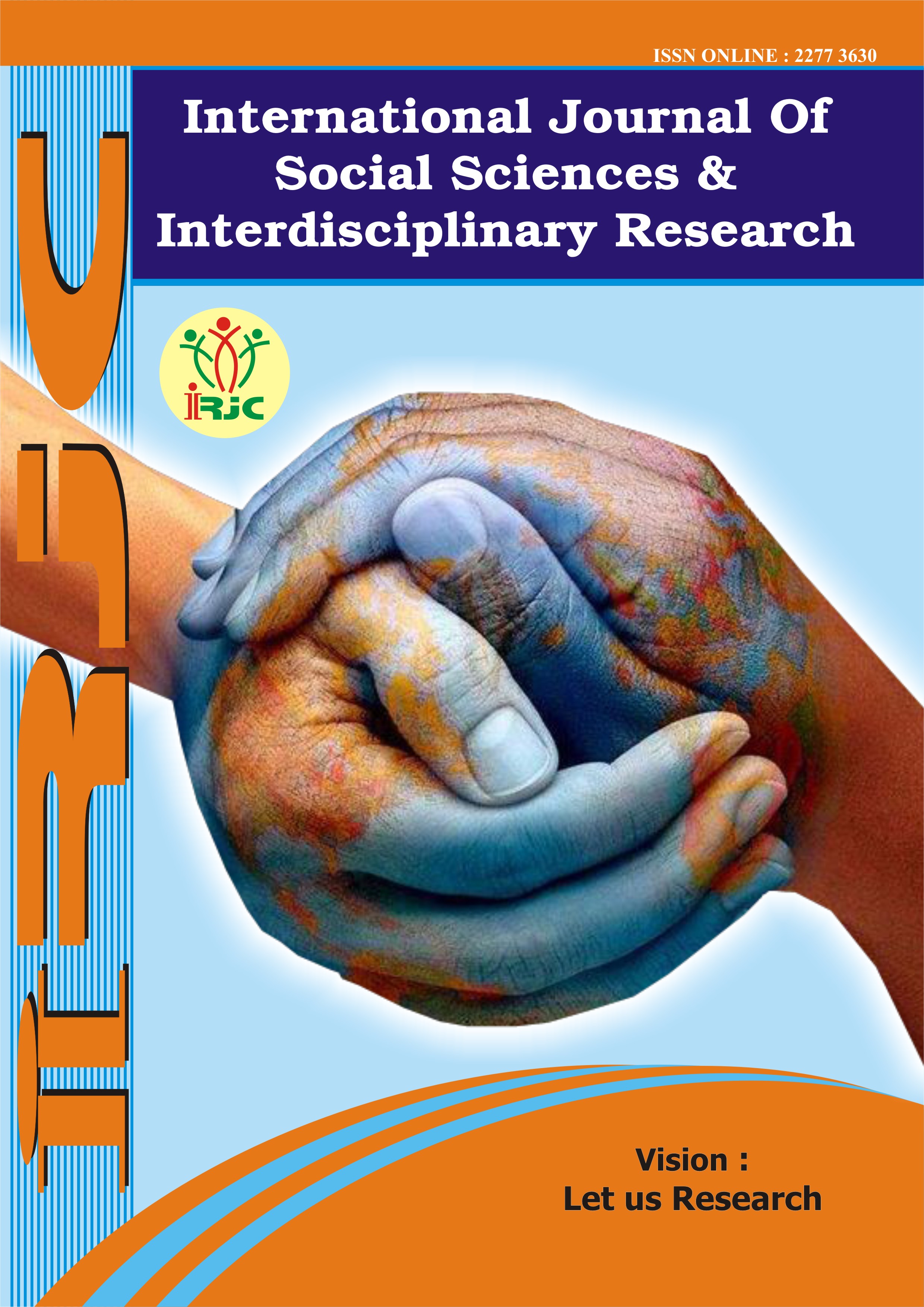IMPROVEMENT OF ACCOUNTING AND REPORTING OF FINANCIAL RESULTS BASED ON INTERNATIONAL STANDARDS
Keywords:
Accounting reform, financial reporting, financial results, IFRS, Uzbekistan, international standards, transparency, revenue recognition, regulatory framework, digital accounting transformation.Abstract
The modernization of accounting and financial reporting practices is a critical prerequisite for enhancing the transparency, comparability, and reliability of financial information in emerging economies. In Uzbekistan, the gradual convergence of national accounting systems with International Financial Reporting Standards (IFRS) has gained momentum, particularly in light of economic liberalization reforms initiated since 2017. This paper examines the current state of accounting and financial result reporting in Uzbekistan, identifies existing methodological and procedural shortcomings, and proposes a framework for improving these processes in alignment with international best practices. Empirical analysis based on surveys of 120 enterprises and evaluation of sectoral financial reports reveals that inconsistencies in revenue recognition, asset valuation, and disclosure practices remain prevalent, limiting the utility of financial information for stakeholders. The study advocates for the adoption of standardized IFRS-based templates, comprehensive retraining programs for accountants, enhanced regulatory oversight, and digitalization of reporting processes. Predictive modeling suggests that full IFRS adoption could enhance financial transparency indices by 23–26% and increase foreign investment attractiveness by up to 18% within five years. The findings provide actionable insights for policymakers, professional accounting organizations, and enterprises seeking to elevate the credibility and efficiency of Uzbekistan’s financial reporting ecosystem.
References
Barth, M. E., Landsman, W. R., & Lang, M. H. (2008). International Accounting Standards and Accounting Quality. Journal of Accounting Research, 46(3), 467–498.
Ball, R. (2006). International Financial Reporting Standards (IFRS): Pros and Cons for Investors. Accounting and Business Research, 36(sup1), 5–27.
Cairns, D. (2015). Implementing IFRS in Practice: Challenges and Solutions. Accounting in Europe, 12(1), 45–58.
Chen, H., Tang, Q., Jiang, Y., & Lin, Z. (2010). The Role of International Financial Reporting Standards in Accounting Quality: Evidence from the European Union. Journal of International Financial Management & Accounting, 21(3), 220–278.
Daske, H., Hail, L., Leuz, C., & Verdi, R. (2013). Adopting a Label: Heterogeneity in the Economic Consequences Around IAS/IFRS Adoptions. Journal of Accounting Research, 51(3), 495–547.
IFRS Foundation. (2024). IFRS Standards Around the World: Jurisdiction Profiles. London: IFRS Foundation.
Iyoha, F. O., & Jimoh, J. (2011). Institutional Infrastructure and the Adoption of International Financial Reporting Standards (IFRS) in Nigeria. School of Doctoral Studies (European Union) Journal, 1, 17–23.
Li, S. (2010). Does Mandatory Adoption of International Financial Reporting Standards in the European Union Reduce the Cost of Equity Capital? The Accounting Review, 85(2), 607–636.
Ministry of Finance of the Republic of Uzbekistan. (2023). Progress Report on IFRS Implementation in Uzbekistan.
Pacter, P. (2015). Global Trends in IFRS Adoption. International Journal of Accounting and Finance, 5(2), 134–152.
Rakhimov, A., & Burkhanov, A. (2023). Analysis of Financial Performance in IFRS-Adopting Enterprises in Uzbekistan. Journal of Financial Research in Central Asia, 7(1), 34–51.
World Bank. (2022). Uzbekistan Country Economic Memorandum: Seizing the Momentum for Reforms. Washington, DC: World Bank Group.
Zeff, S. A. (2007). Some Obstacles to Global Financial Reporting Comparability and Convergence at a High Level of Quality. The British Accounting Review, 39(4), 290–302.
Downloads
Published
How to Cite
Issue
Section
License
Copyright (c) 2025 GEJournals

This work is licensed under a Creative Commons Attribution-NonCommercial-NoDerivatives 4.0 International License.





